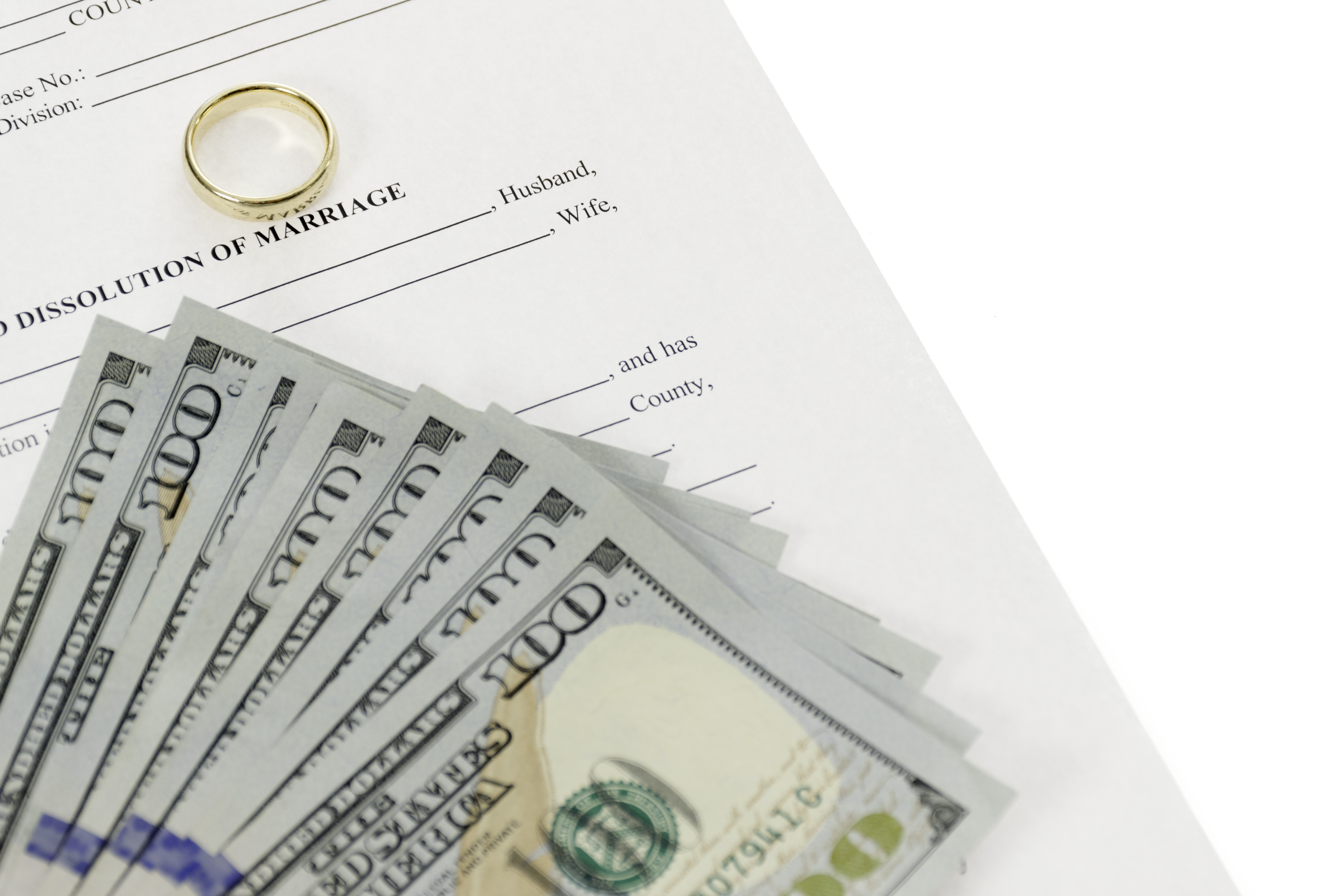
When a couple goes through a divorce, they have to settle several legal matters before the marriage is over. An important part of a divorce is determining spousal maintenance, also known as alimony. Spousal maintenance is court-ordered financial support from one spouse to another. The payments are made regularly after the divorce for a period of time in order to support the other spouse. Sometimes there are situations in a marriage that leave one spouse in an unfair financial standing after a divorce. This may be if one spouse is the caretaker and one is the family provider, the caretaker may not have a salary of their own to start fresh. Spousal maintenance allows a dependent spouse the chance to rebuild their lives without financial trouble.
Determining Spousal Maintenance
Divorce can often be very difficult and marriages do not end with spouses on good terms. This can cause the topic of spousal maintenance to become difficult if one spouse does not want to support the other. Because of this, spouses do not determine alimony. The court makes all decisions regarding support payments. When the court comes to a decision, they consider several different factors. This may include:
- The income of each spouse.
- Any property that is owned between the two, marital and separate.
- The length of the marriage may lead to longer obligations for support
- The health and age of each spouse can affect the amount of support
- The earning potential of both spouses determines how support should be decided
- If the dependent spouse needs funding to pursue further training or education in order to obtain independence from the other spouse
- If the dependent spouse deferred their life goals in order to support and better the family through the other spouse’s education and success
- If a spouse has an obligation to take care of another family member, this can affect the amount of maintenance
Marital Fault
When spouses file for divorce, they often consider if fault grounds will affect the outcome of their marital issues. It is a common misconception that if one spouse wrongs the other, a judge’s decisions will be swayed in the favor of the wronged. However, in the state of New York, courts typically do not consider fault grounds while they are determining spousal maintenance for a case. While this is true, a judge may consider if there is an economic fault. It a spouse is irresponsible in handling their finances or properties, it may play a part in determining the amount of spousal maintenance that is required. This is also the case if one spouse inhibited the dependent spouse’s earning capacity.
Contact our Firm
If you are going through a divorce and wish to know your options regarding alimony, contact Peter V. Mandi & Associates, Inc. today.
Peter V. Mandi, Esq. is an experienced divorce and family law attorney located in Bohemia, New York. If you require strong and dedicated legal representation in Long Island, New York, contact Peter V. Mandi & Associates, Inc. today for a free consultation.
